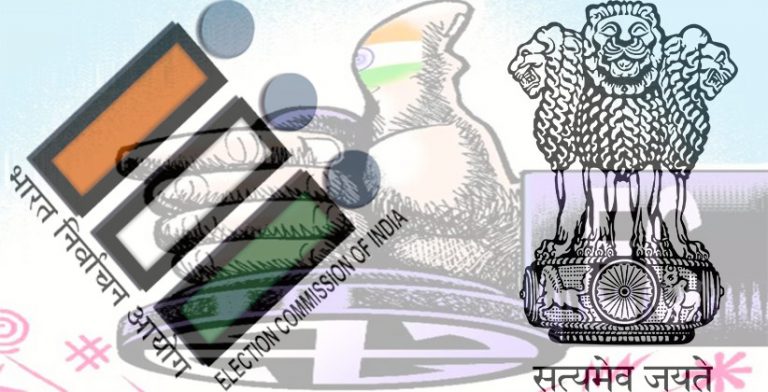The Parliament on January 9, 2019, passed The Constitution (One hundred and twenty-fourth amendment) Bill, 2019, to provide 10% quota in employment and education for the general category candidates who belong to the economically weaker sections.
The Bill was passed in the Rajya Sabha with 165 MPs voting for the Bill and 7 voting against it. It had already been passed by Lok Sabha on January 8, 2019.
The Upper House nod came following an over nine-hour-long heated debate, during which the opposition accused the government of bringing the Bill in haste with an eye on the coming Lok Sabha election.
The Bill was introduced by Minister of Social Justice and Empowerment Thawar Chand Gehlot, who later in his reply said that the existing reservation to the SCs, STs and OBCs would not be touched by the amendment.
Clarifying the Bills provisions, Law Minister Ravi Shankar Prasad said the reservation would be applicable to jobs in both Central and State governments, adding that the legislation gave powers to states to determine the economic criteria for identification of beneficiaries.
The Bill proposed to provide economic reservation in jobs and education by inserting clause (6) in Articles 15and 16 of the Constitution of India.
As per the statement of objects and reasons of the Bill, economically weaker sections of citizens have largely remained excluded from attending the higher educational institutions and public employment on account of their financial incapacity to compete with the persons who are economically more privileged. Therefore, there is a need to amend the constitution to give them a fair chance of getting higher education and public employment, so as to fulfil the mandate of Article 46 of the Constitution of India.
The Bill will be now be sent for Presidential assent.







